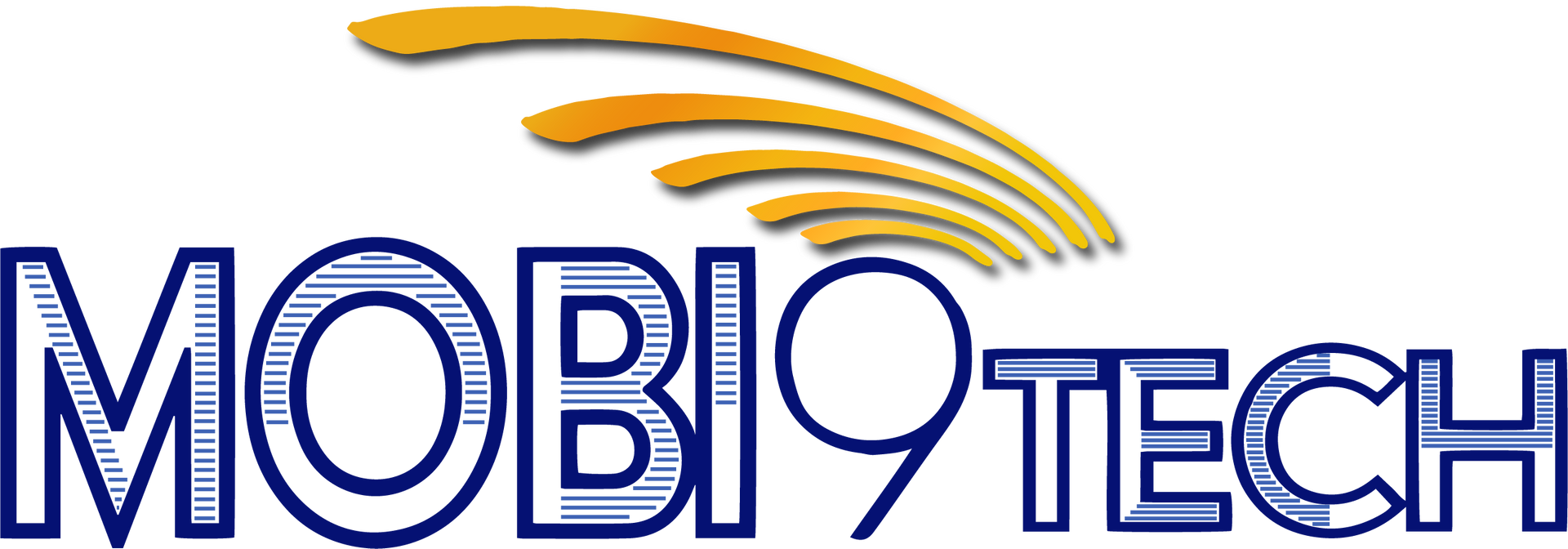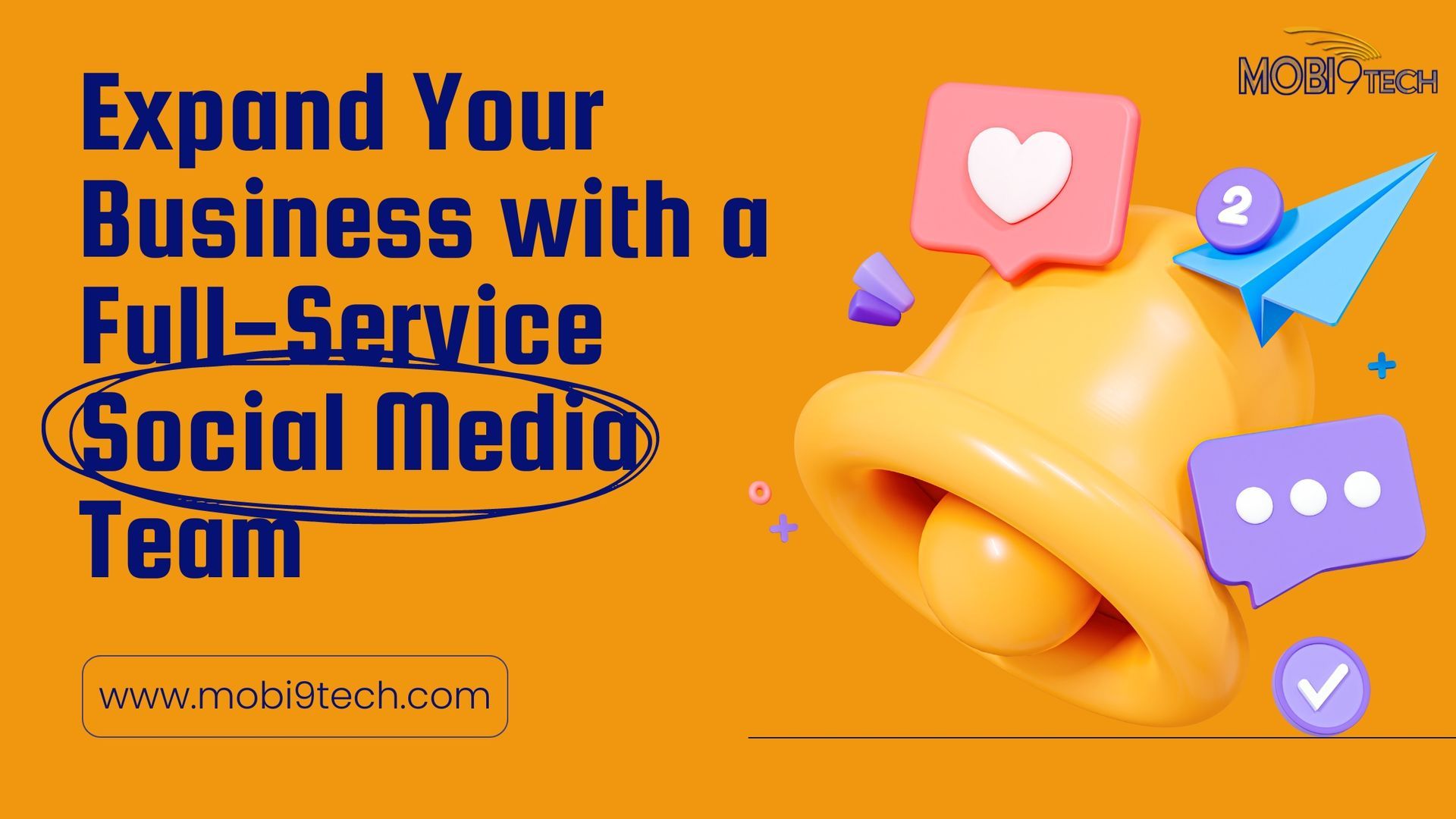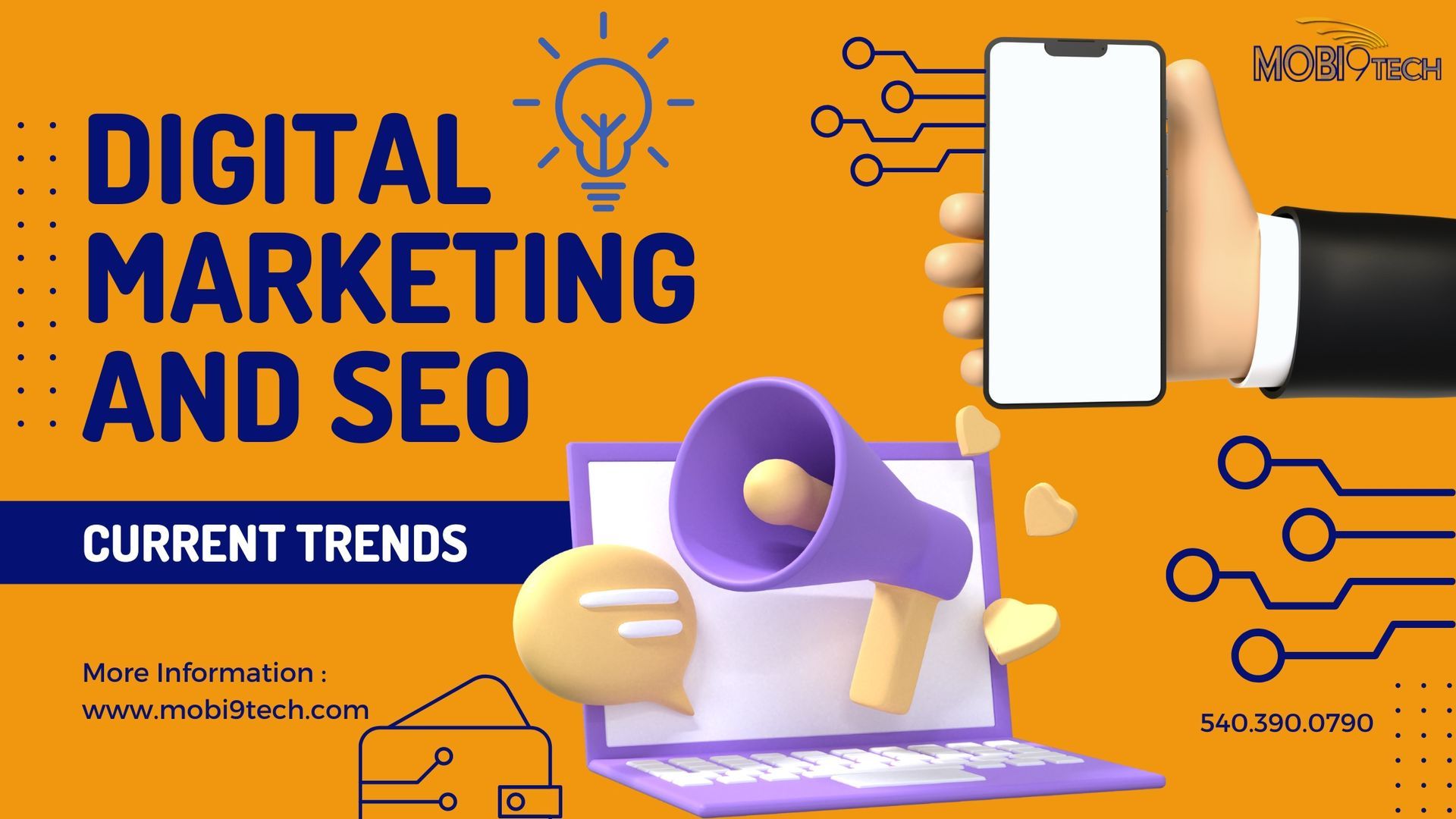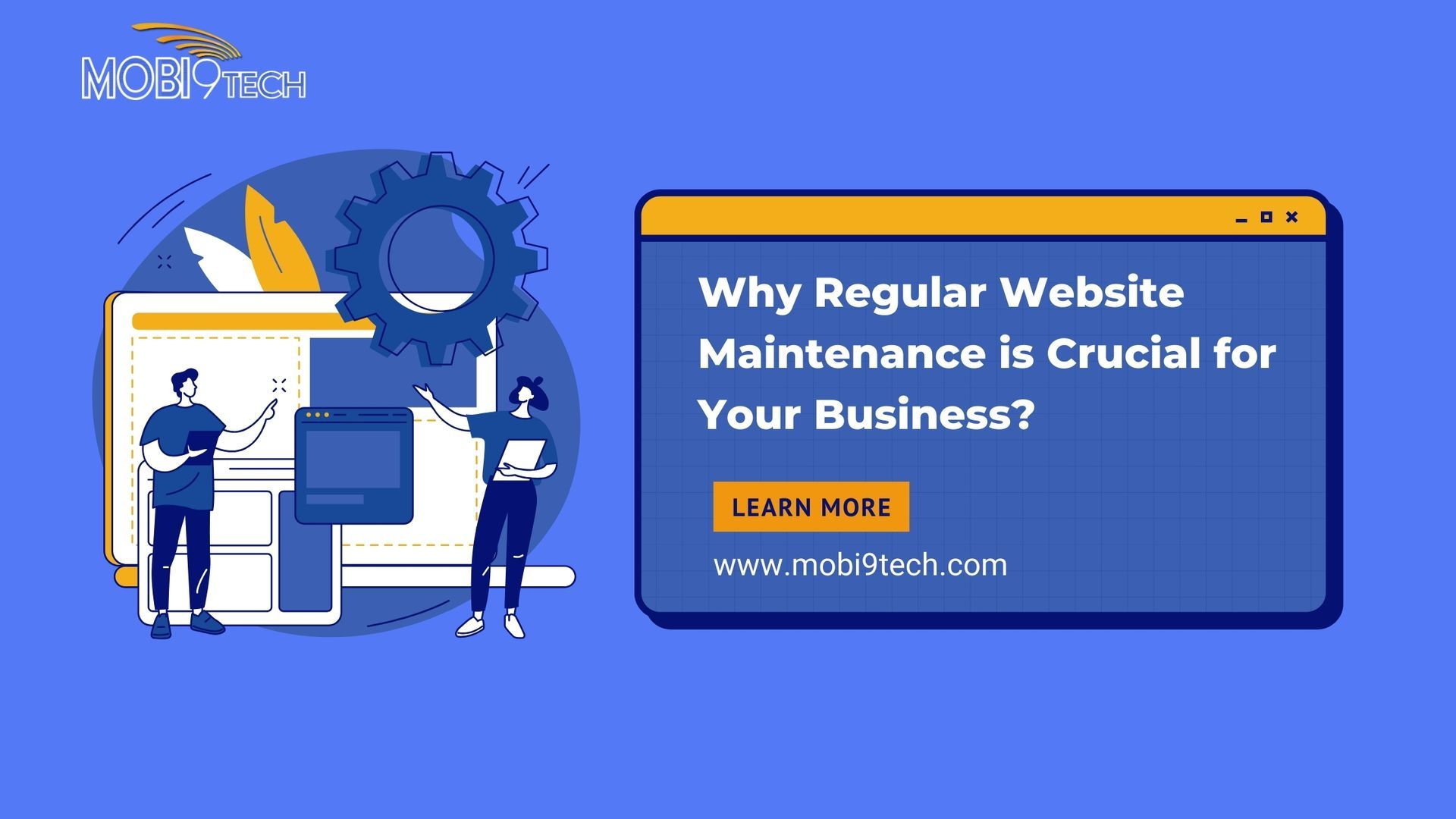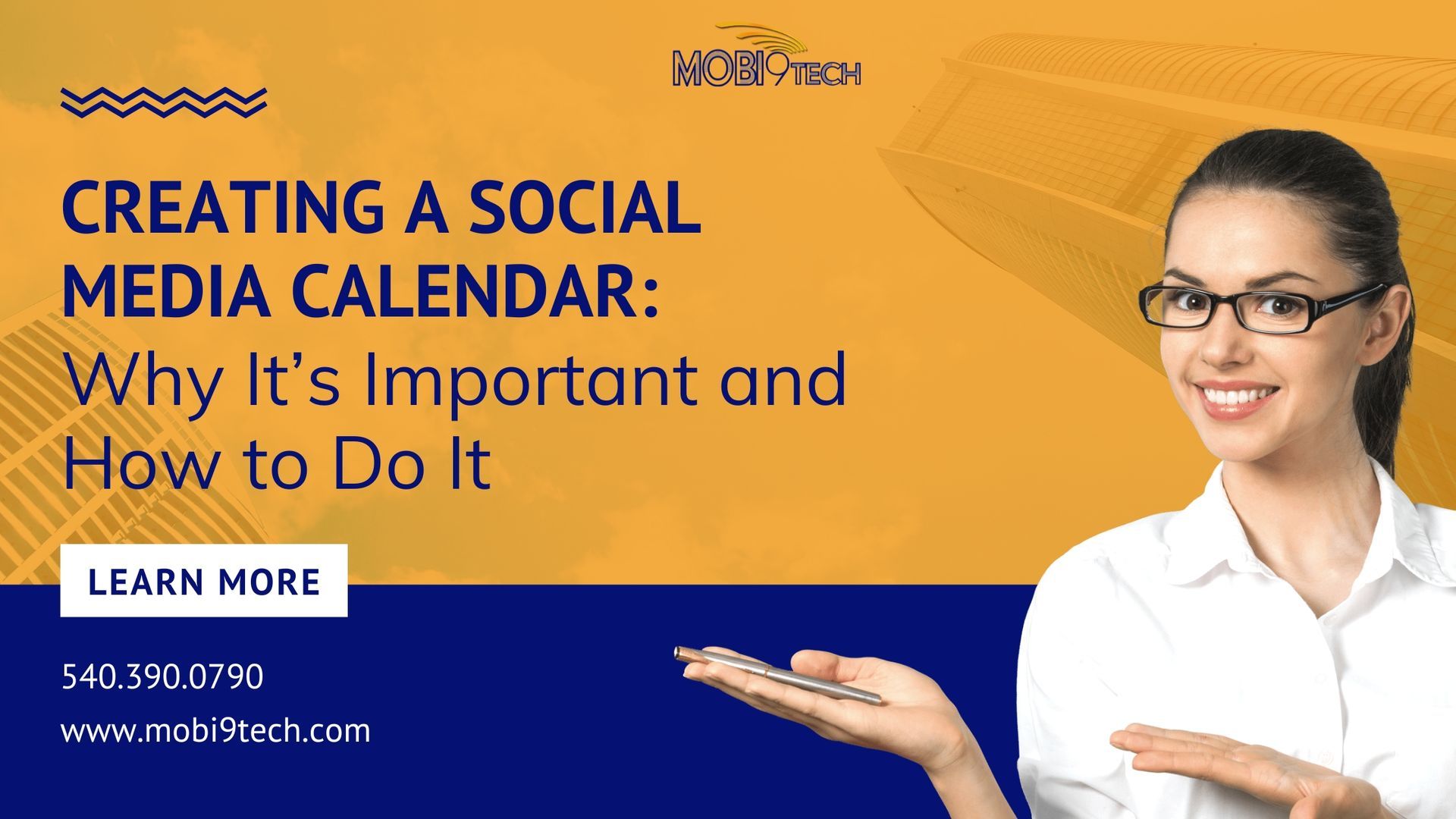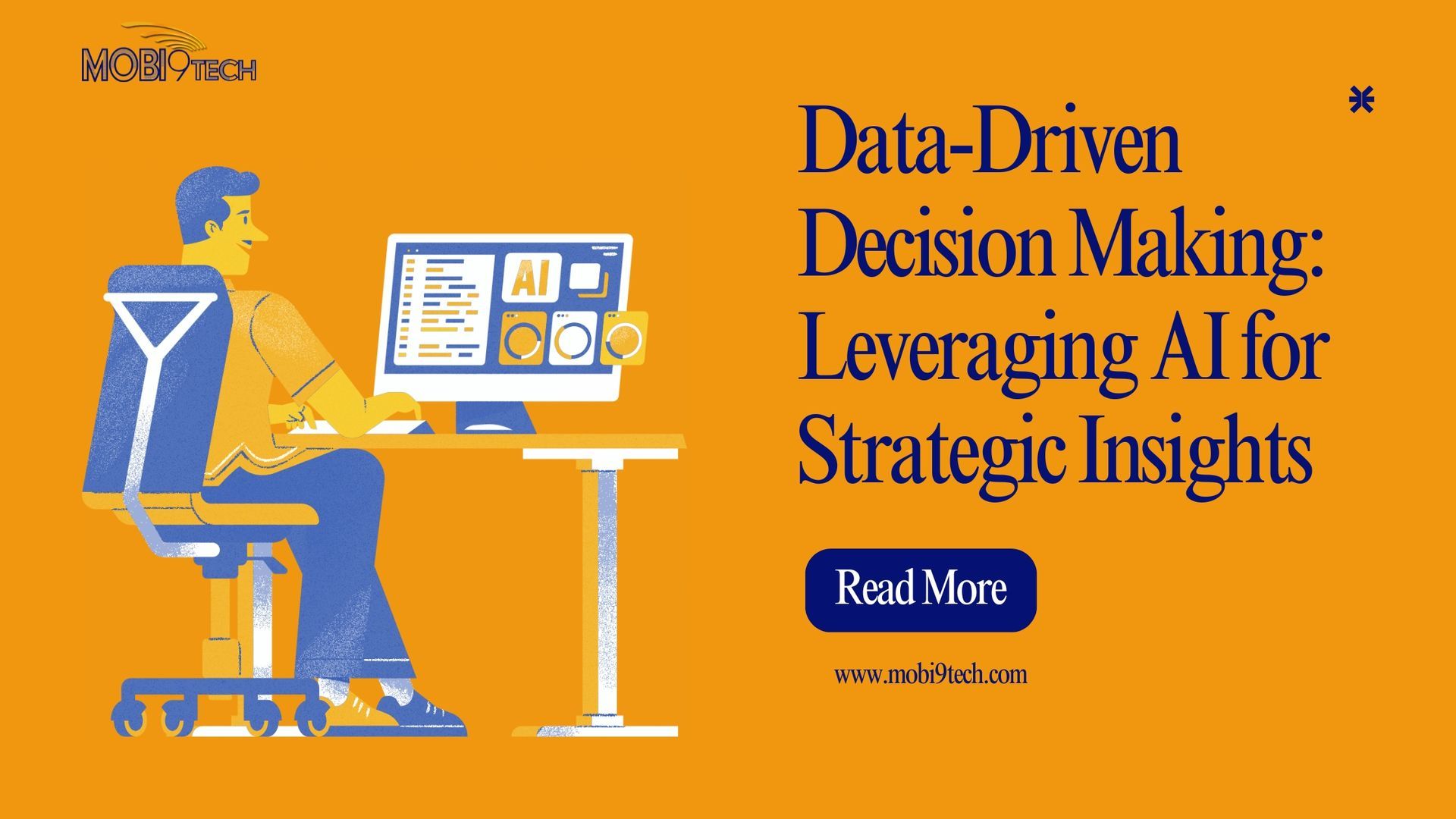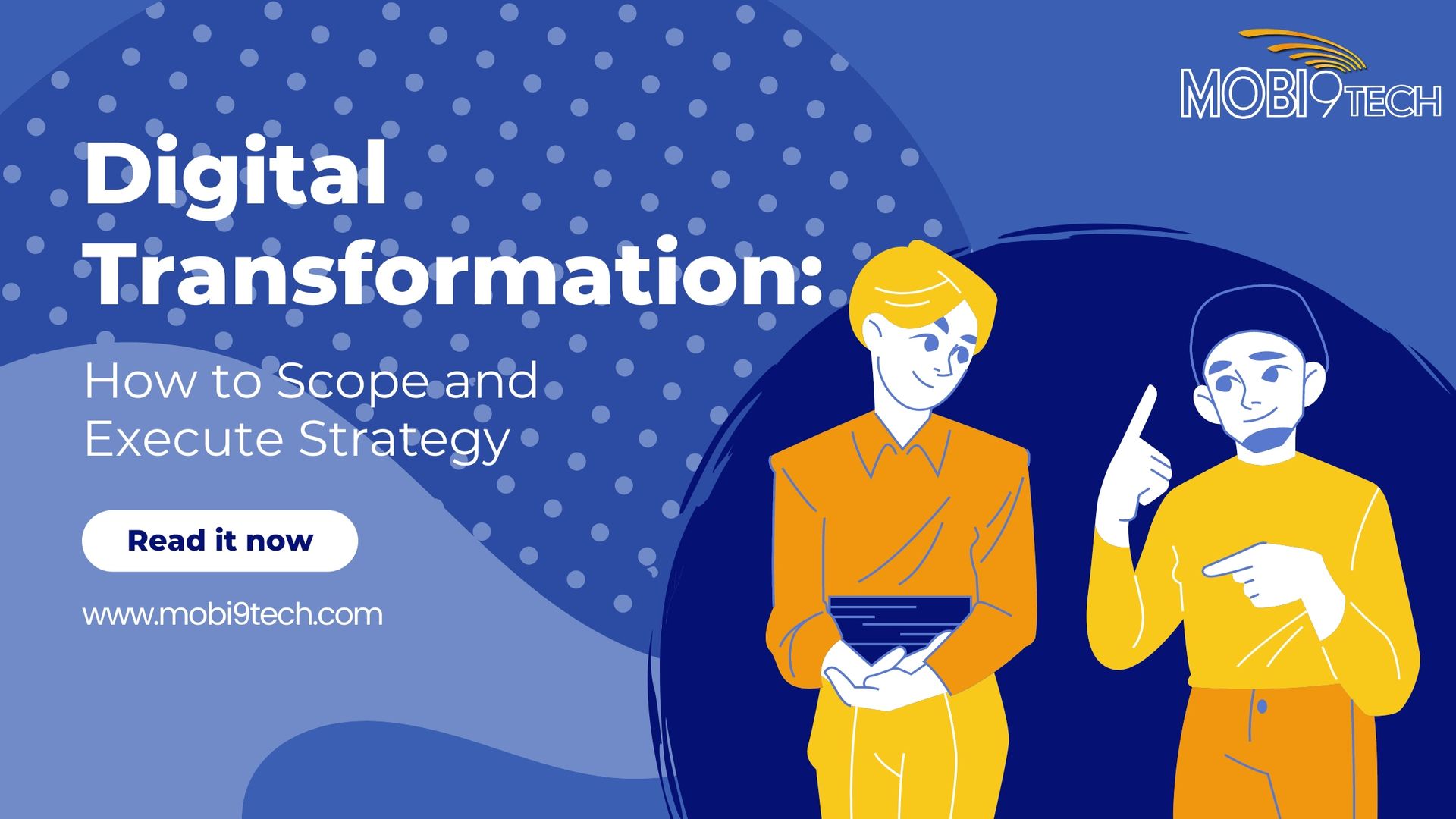The Impact of Artificial Intelligence on Graphic Design Workflows
- By Janine Kristina
- •
- 16 Apr, 2024
- •
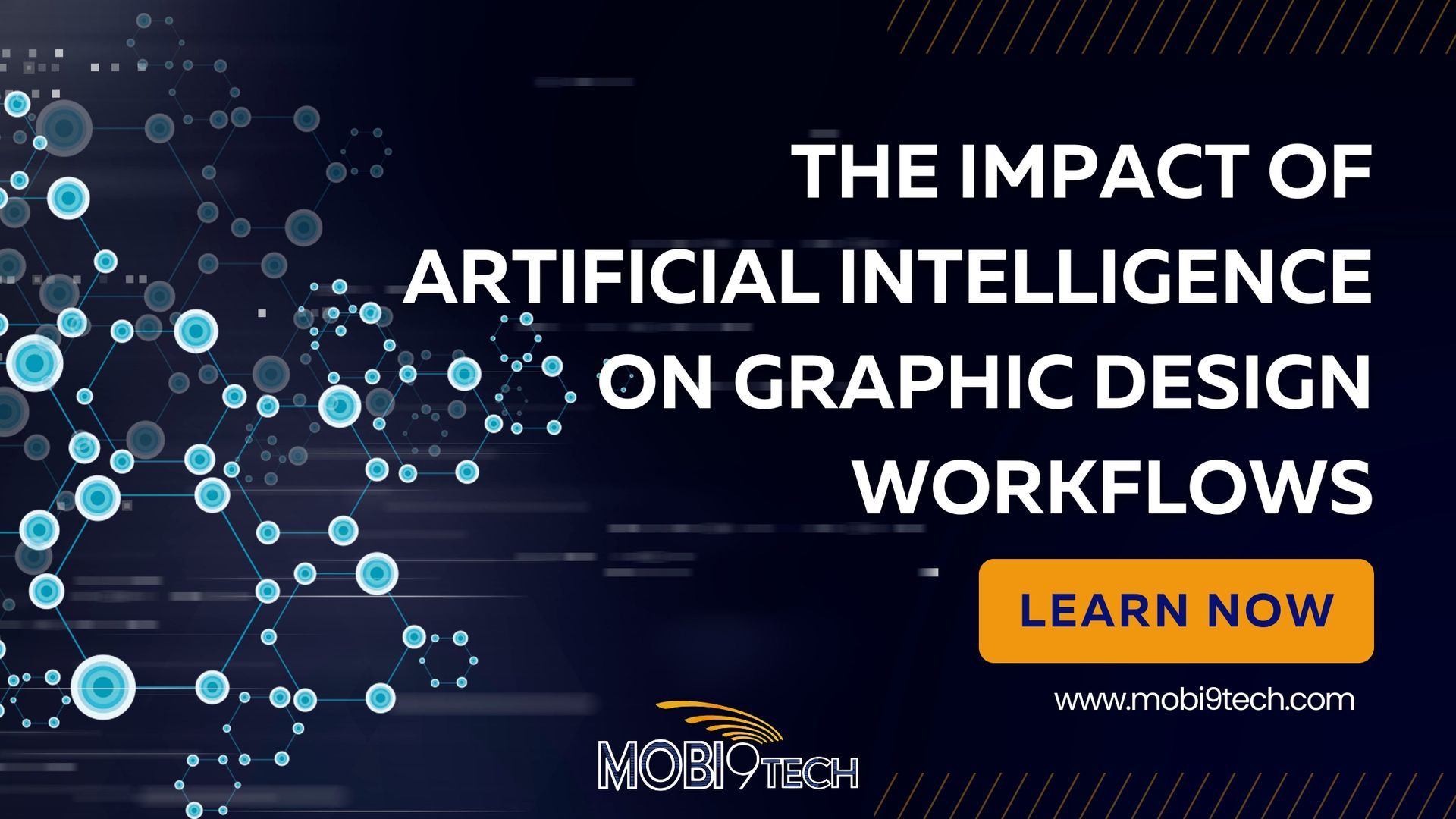
Artificial Intelligence (AI) has become a transformative force in nearly every industry, and graphic design is no exception. From automating repetitive tasks to enabling new creative possibilities, AI is reshaping how designers work, collaborate, and innovate. In this article, we'll explore the profound impact of AI on graphic design workflows and the implications for the future of the industry.
1. Automation of Repetitive Tasks
One of the most significant ways AI is changing graphic design workflows is by automating repetitive tasks. Designers spend a considerable amount of time on tasks like resizing images, retouching photos, and creating basic layouts. AI-powered tools can now handle these tasks with remarkable speed and accuracy, freeing up designers to focus on more creative and strategic aspects of their work.
For example, Adobe's Sensei uses machine learning to automate mundane tasks like selecting and masking images. This allows designers to spend less time on manual labor and more time on conceptualizing and refining their designs.
2. Enhanced Creativity and Exploration
AI is also expanding the creative possibilities for designers. Generative design, a process where designers collaborate with algorithms to explore a vast number of design options, is gaining popularity. This approach can lead to innovative and unexpected outcomes that might not have been considered otherwise.
Tools like Runway ML enable designers to use AI models to generate new textures, shapes, and patterns, opening up new avenues for experimentation and creativity. These tools can augment a designer's creative process, helping them explore new ideas and push the boundaries of traditional design.
3. Personalization and Data-Driven Design
With the rise of big data, personalization has become a key trend in graphic design. AI enables designers to create personalized experiences by analyzing user data and generating customized content. For example, AI can be used to create dynamic websites that adapt to individual user preferences or to generate personalized marketing materials based on demographic information.
Tools like Dynamic Yield use AI to personalize content in real-time, allowing designers to create more engaging and relevant experiences for their audience. This shift towards data-driven design is revolutionizing how designers approach projects and engage with their audiences.
4. Improved Collaboration and Workflow Efficiency
AI-powered collaboration tools are streamlining the design process and improving workflow efficiency. Platforms like Figma use AI to facilitate real-time collaboration among designers, allowing multiple team members to work on the same project simultaneously. This not only speeds up the design process but also enhances communication and teamwork.
AI is also being used to automate project management tasks, such as scheduling and resource allocation. By reducing the administrative burden on designers, AI enables teams to focus more on the creative aspects of their work, leading to better outcomes and increased productivity.
5. Ethical and Social Implications
As AI becomes more integrated into graphic design workflows, there are important ethical and social implications to consider. Designers must grapple with questions of bias, transparency, and privacy when using AI-powered tools. For example, AI algorithms can inadvertently perpetuate stereotypes or violate user privacy if not properly managed.
Additionally, there is a concern that AI could replace human designers altogether, raising questions about the future role of designers in a world where AI is ubiquitous. However, many experts believe that AI will augment rather than replace human creativity, allowing designers to focus on higher-level tasks that require human ingenuity and emotional intelligence.
In conclusion, AI is revolutionizing graphic design workflows, enabling designers to automate mundane tasks, explore new creative possibilities, personalize content, improve collaboration, and enhance workflow efficiency. While there are ethical and social implications to consider, the overall impact of AI on graphic design is overwhelmingly positive, promising a future where designers are empowered to create more innovative and impactful work than ever before.
